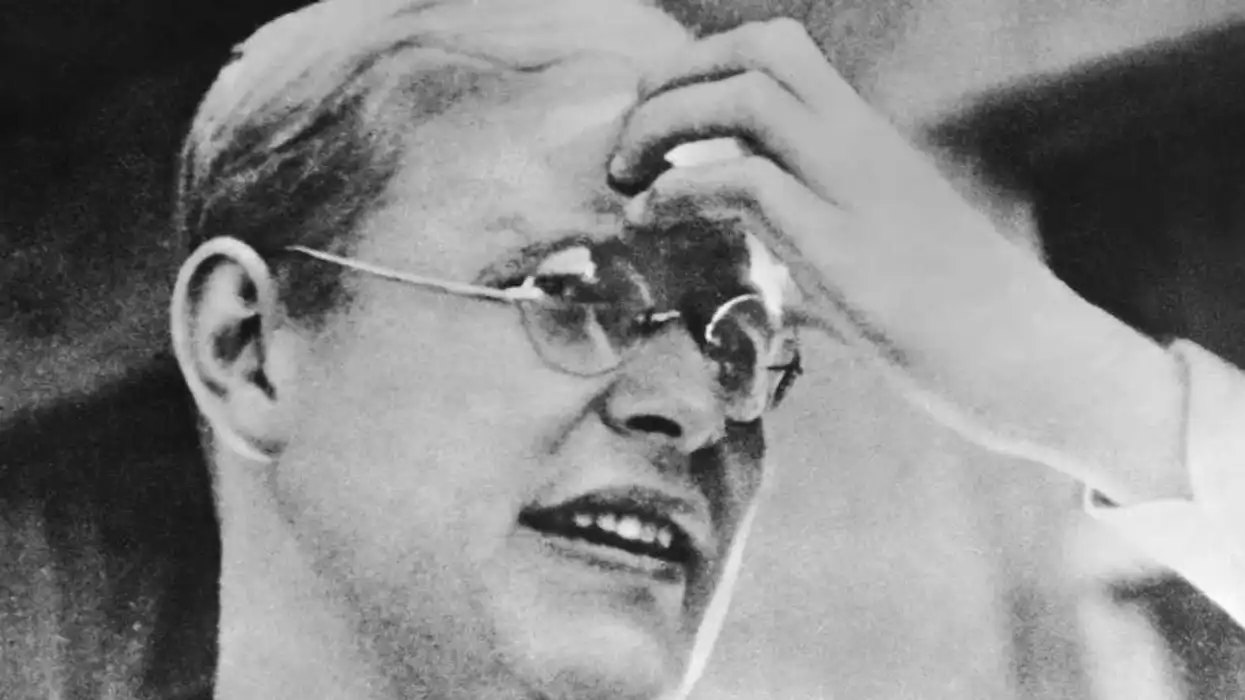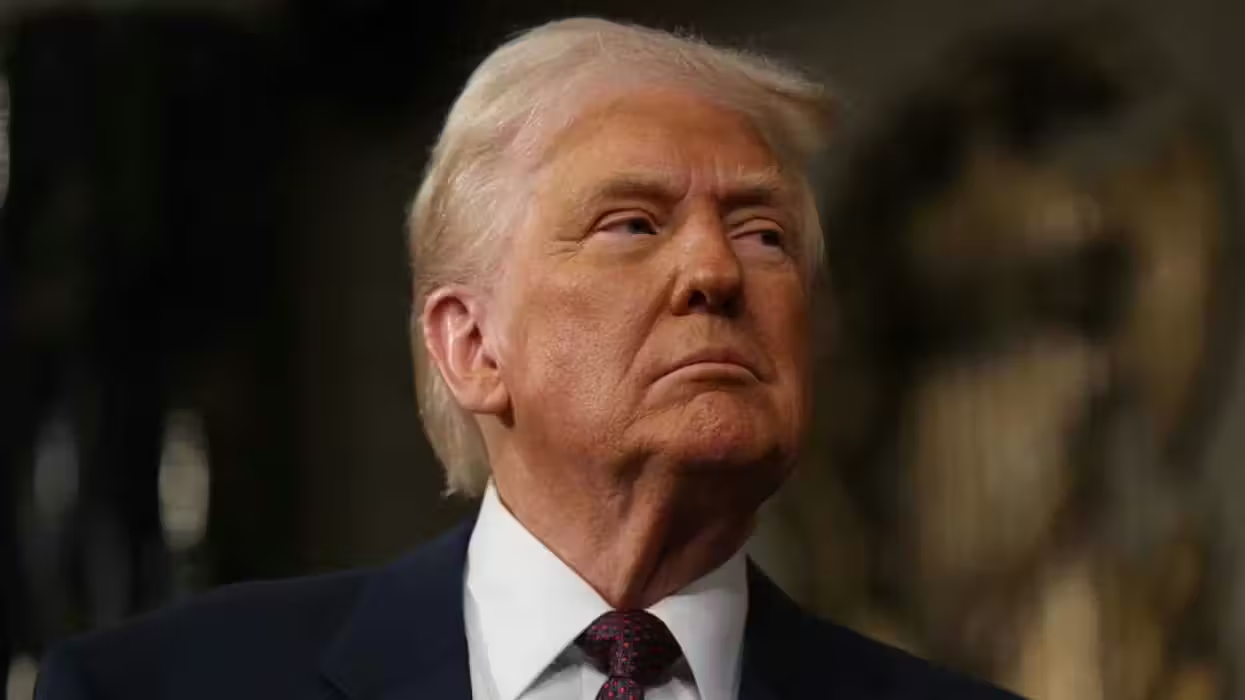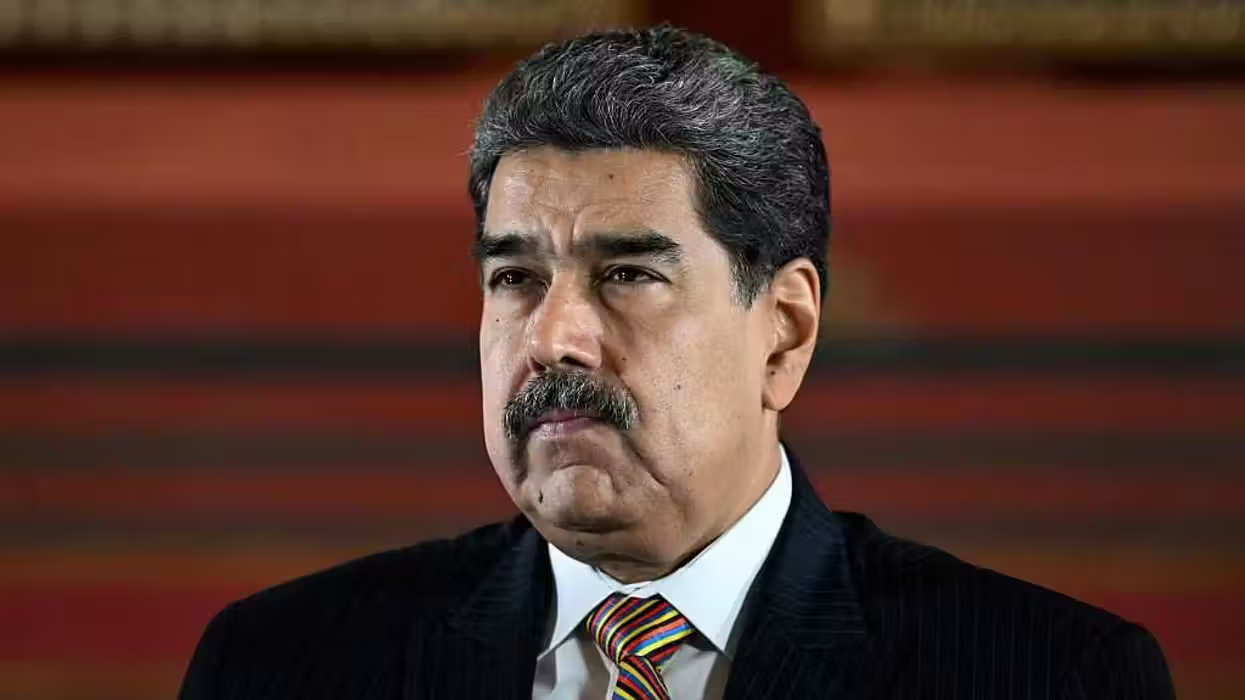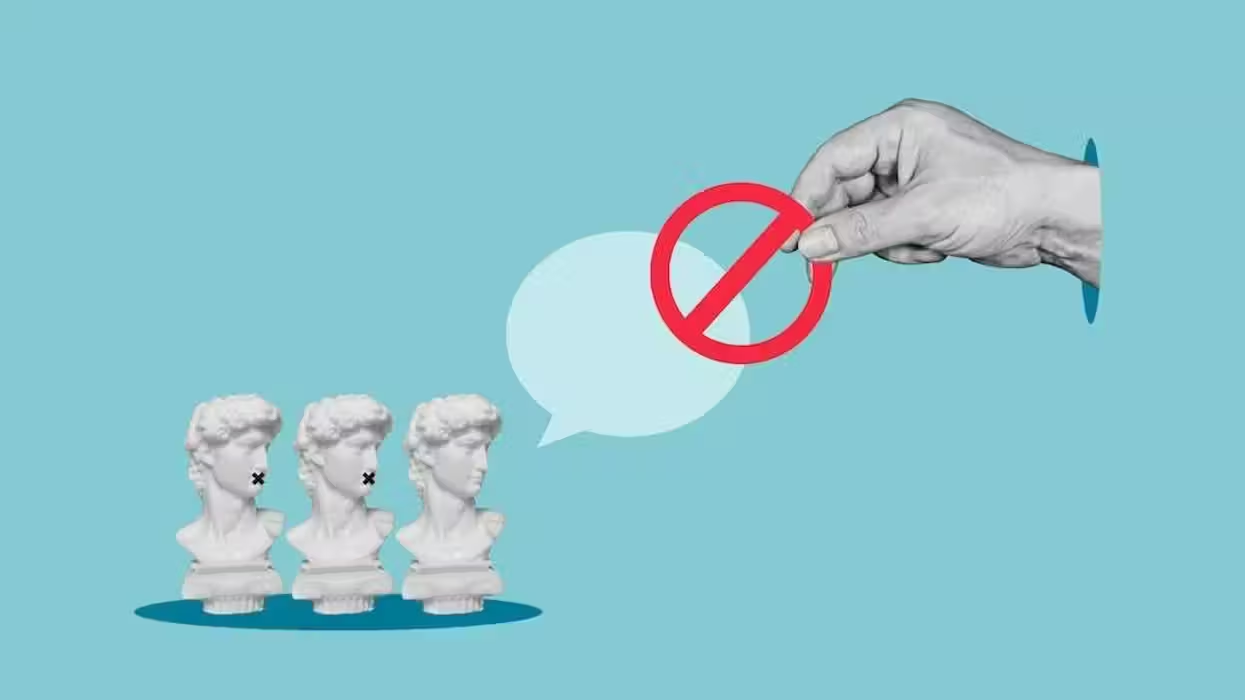© 2026 Blaze Media LLC. All rights reserved.
39 Christian Students in Eritrea Reportedly Beaten, Imprisoned for Failing to 'Renounce Christ
August 02, 2013
In America, it’s hard to imagine living in a nation that doesn’t recognize freedom of religion as a basic right. Around the world, though, religious minorities often face radical persecution for their professions of faith. A group of 39 high school students in Eritrea, a small country and former Ethiopian province in northern Africa, recently felt the weight of this reality.
On July 13, after completing eight months of academic studies and four months of military training -- a requirement in Eritrea -- 17,000 students of the 26th national service intake graduated. The 39 Christian students mentioned above were not granted this privilege, though.
Instead of following the procedural progression to Senior Secondary school to complete grade 12, these students, including 11 females who have also completed the training, were sentenced to severe military punishment at Sawa Military training center. Their offense? Holding "Christian beliefs" and having "commitment to Christ."
Open Doors, an organization that does outreach to persecuted Christians around the globe, reported that the 39 Christian students have suffered the consequences of standing by their beliefs: beatings, hard labor and limited food and water. The youths have been threatened with long-term incarceration and exclusion from higher education should they “fail to renounce Christ.”
The ages and denominations of these victims of religious discrimination in the nation vary, Open Doors revealed, providing this disturbing example among others: "One 85-year-old woman is being held in a shipping container and has contracted pneumonia. She is still being refused medical attention because she will not agree to camp authorities’ terms for receiving medicine."
Back in May, Open Doors also reported that persecution in Eritrea is at its highest level ever, citing a statement from Amnesty International addressing the “20 years of widespread arbitrary arrest and detention without trial used against anyone in Eritrea who demonstrates dissent in any form.”
AI’s statement revealed “thousands of prisoners of conscience and political prisoners are held in arbitrary detention in Eritrea’s prisons, without charge or trial, for exercising their right to freedom of opinion and expression or of thought, conscience or religion or belief, or for attempting to flee the repression in their country.”
Open Doors included in their report a list of government regulations designed to oppress religious deviants and keep outside organizations from intervening. Here are some of the key points:
No organization, such as the Red Cross, is allowed into the country to visit detention centers, count prisoners and investigate the conditions under which prisoners are held.
As far as we know, none of the religious prisoners in Eritrea have benefited from any just legal process. They have not been formally charged and we know of no court proceedings in the cases.
There are no formal prison records available.
A large number of prisoners are arrested while completing national service. Upon “release” these prisoners are simply moved to military centers where they often face prison-like conditions such as hard labor and no freedom of movement. (These cases are not considered releases.)
At the time of the report, the number of Christian arrests for the year totaled 191. Since then, however, that number has been steadily increasing. The recent case deals with the last point listed above.
Eritrea is bordered by Sudan on the north and west. The country was granted independence in 1993 with the support of Ethiopia and the United Nations, but in 1998, border clashes broke out, initiating a feud that would amount to a death toll of about 80,000. The war ended in a stalemate in 2000, and after 30 years of fighting, the country has struggled to build its miniscule economy.
The unresolved border issue has stifled Eritrea's ability to provide enough food and resources for nearly two thirds of its population. The country’s economic problems are exacerbated by military mandates that have limited the number of individuals in the workforce.
Global relief outreaches and humanitarian organizations face the tricky problem for how to deal with the Eritrean government and those like it.
Want to leave a tip?
We answer to you. Help keep our content free of advertisers and big tech censorship by leaving a tip today.
Want to join the conversation?
Already a subscriber?
more stories
Sign up for the Blaze newsletter
By signing up, you agree to our Privacy Policy and Terms of Use, and agree to receive content that may sometimes include advertisements. You may opt out at any time.
Related Content
© 2026 Blaze Media LLC. All rights reserved.
Get the stories that matter most delivered directly to your inbox.
By signing up, you agree to our Privacy Policy and Terms of Use, and agree to receive content that may sometimes include advertisements. You may opt out at any time.






